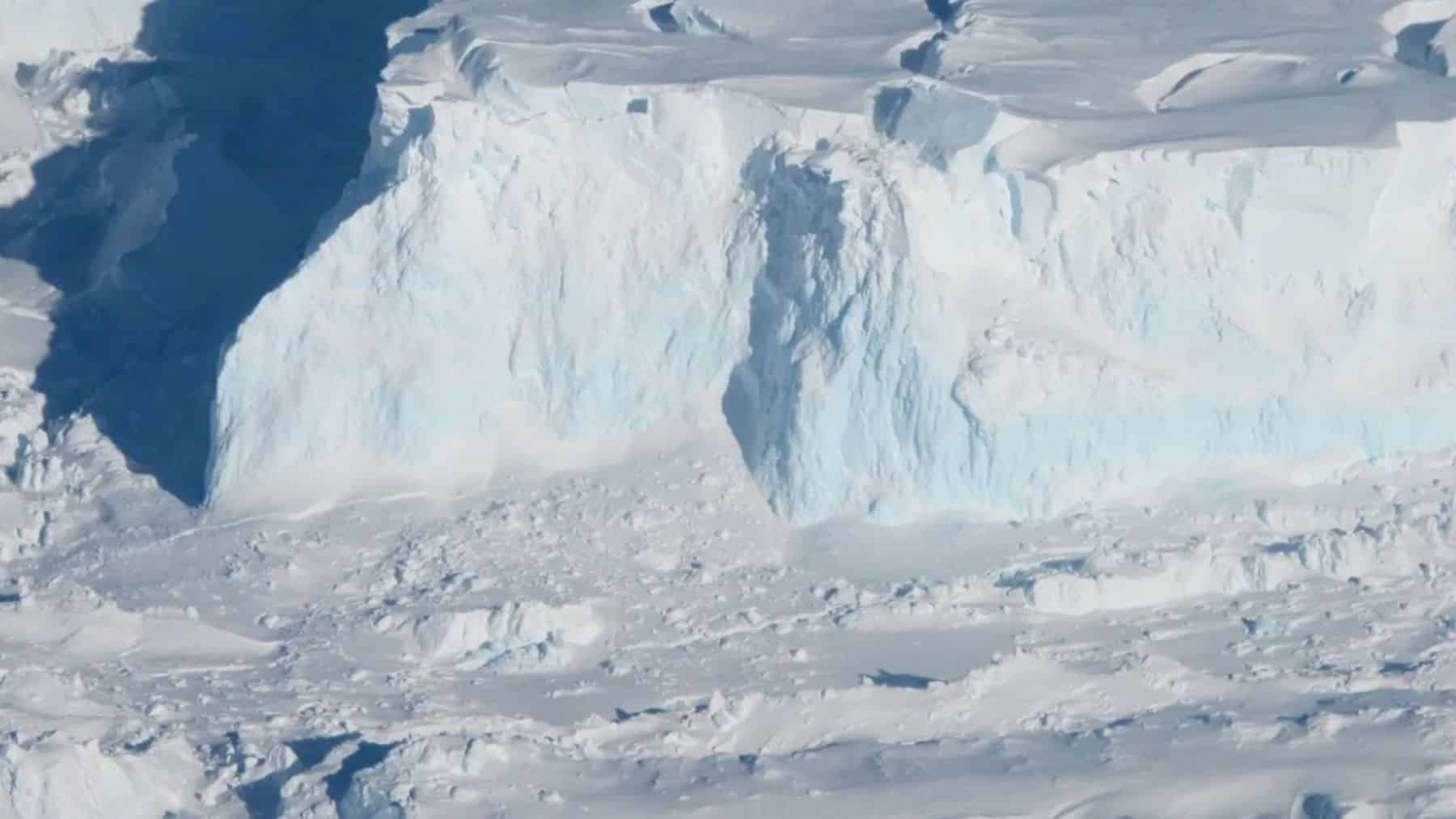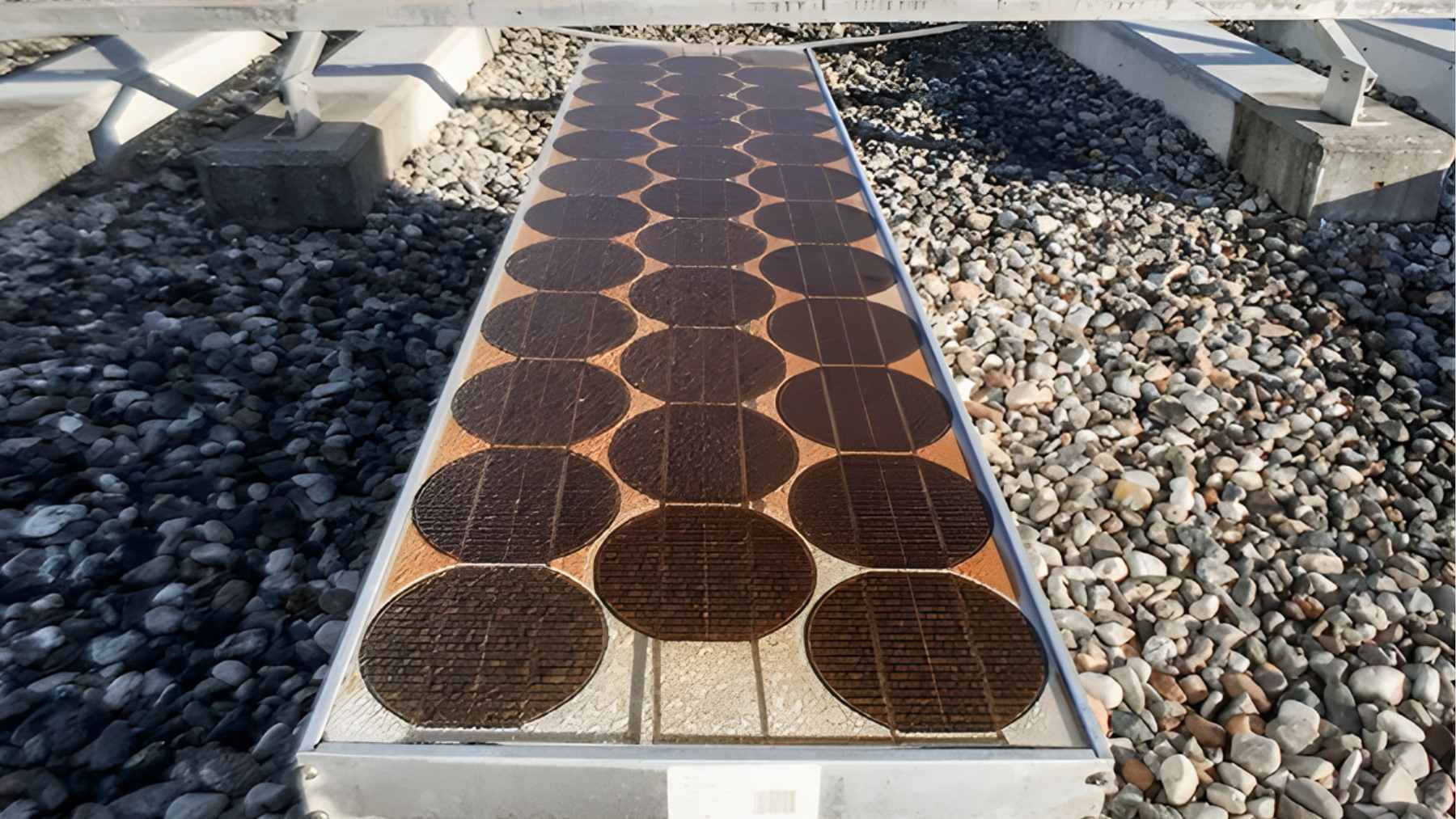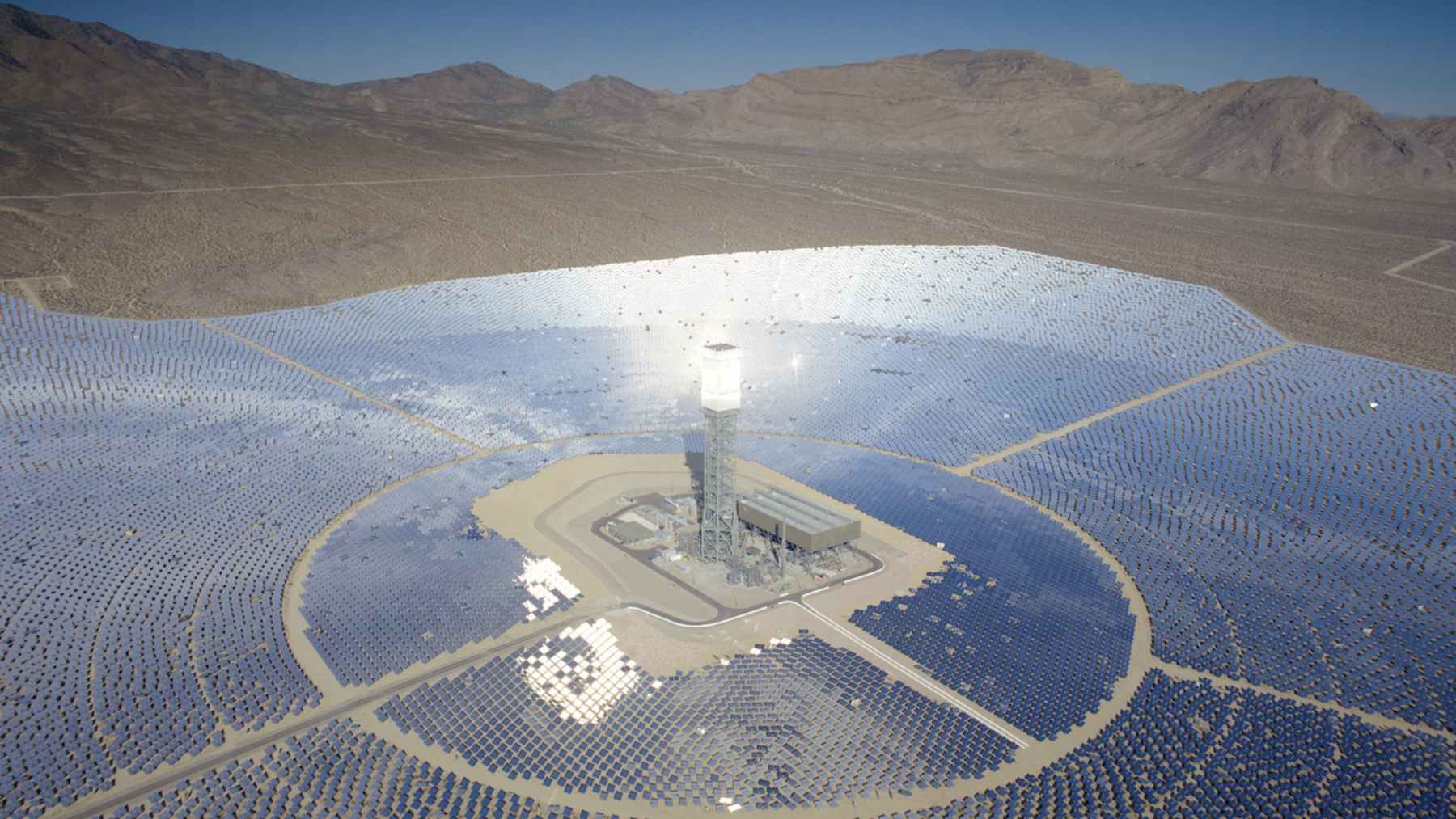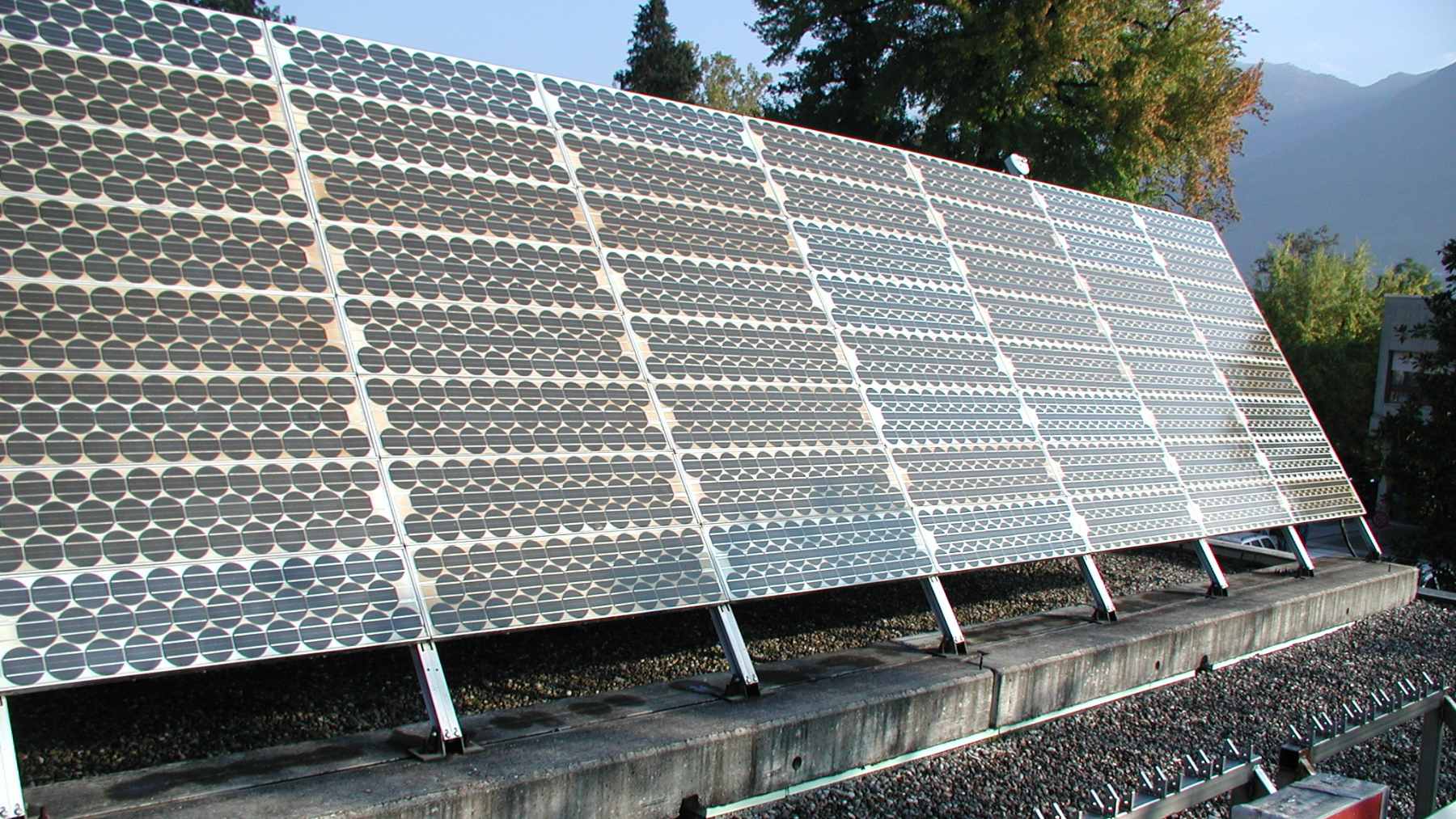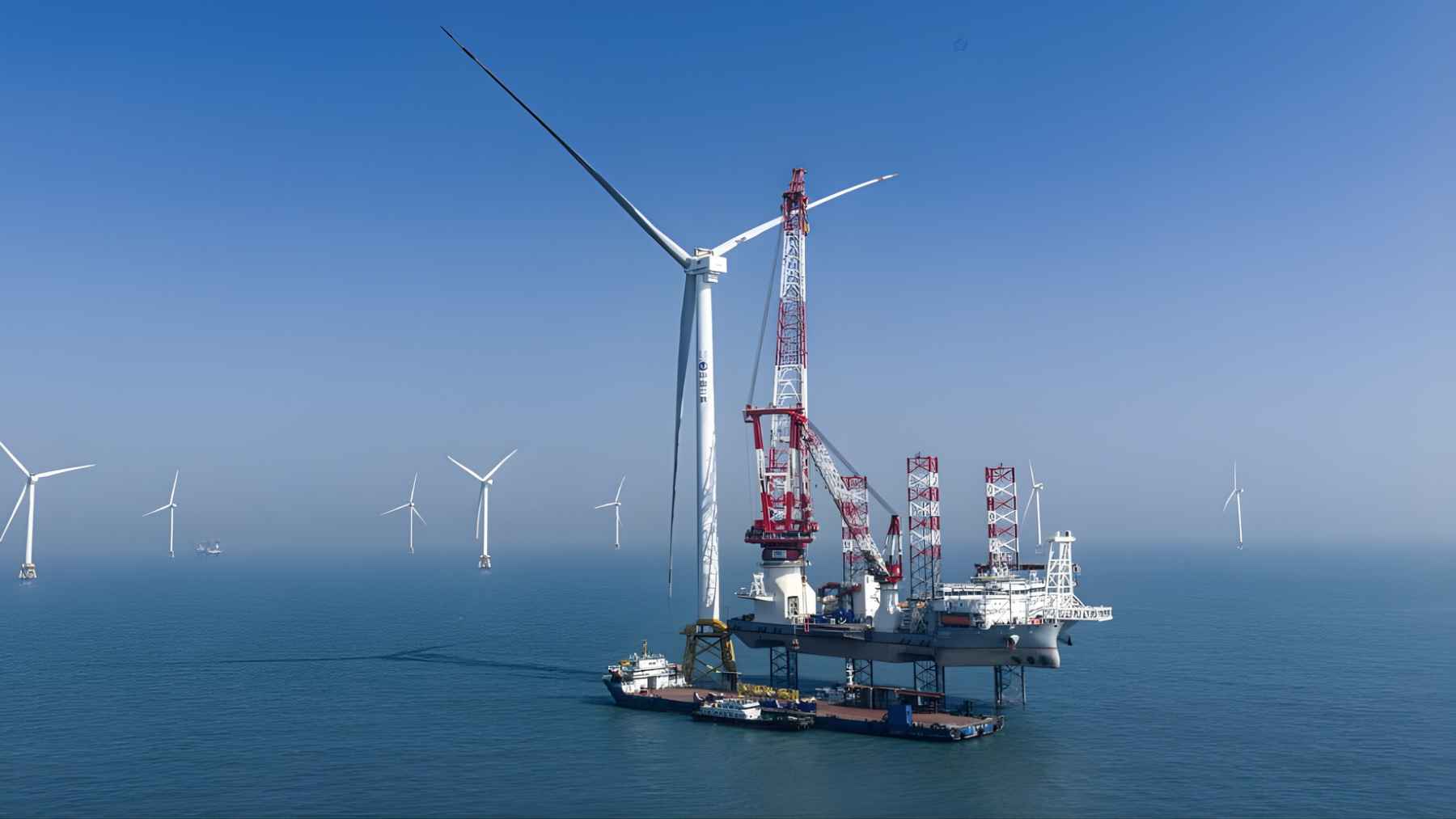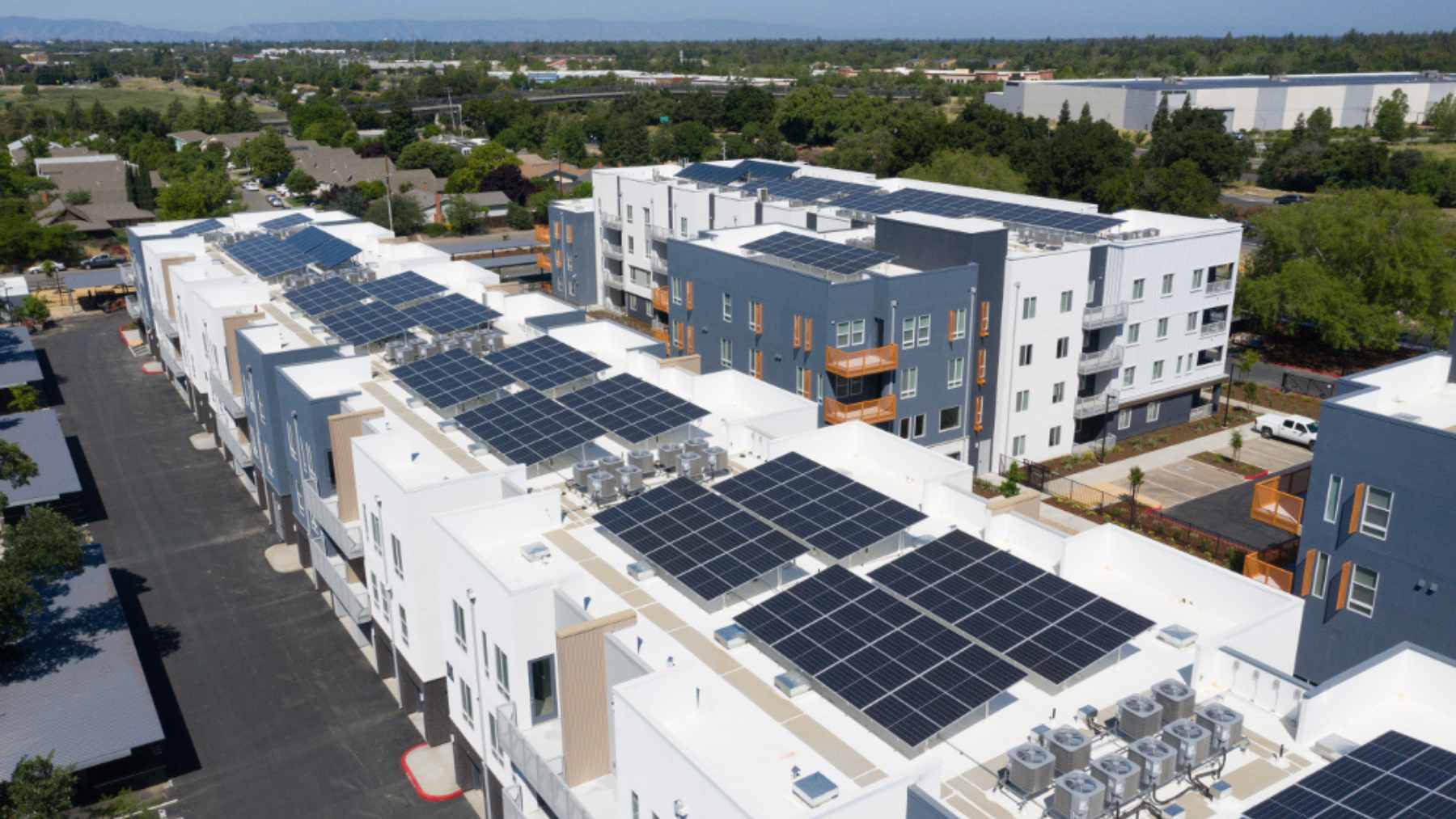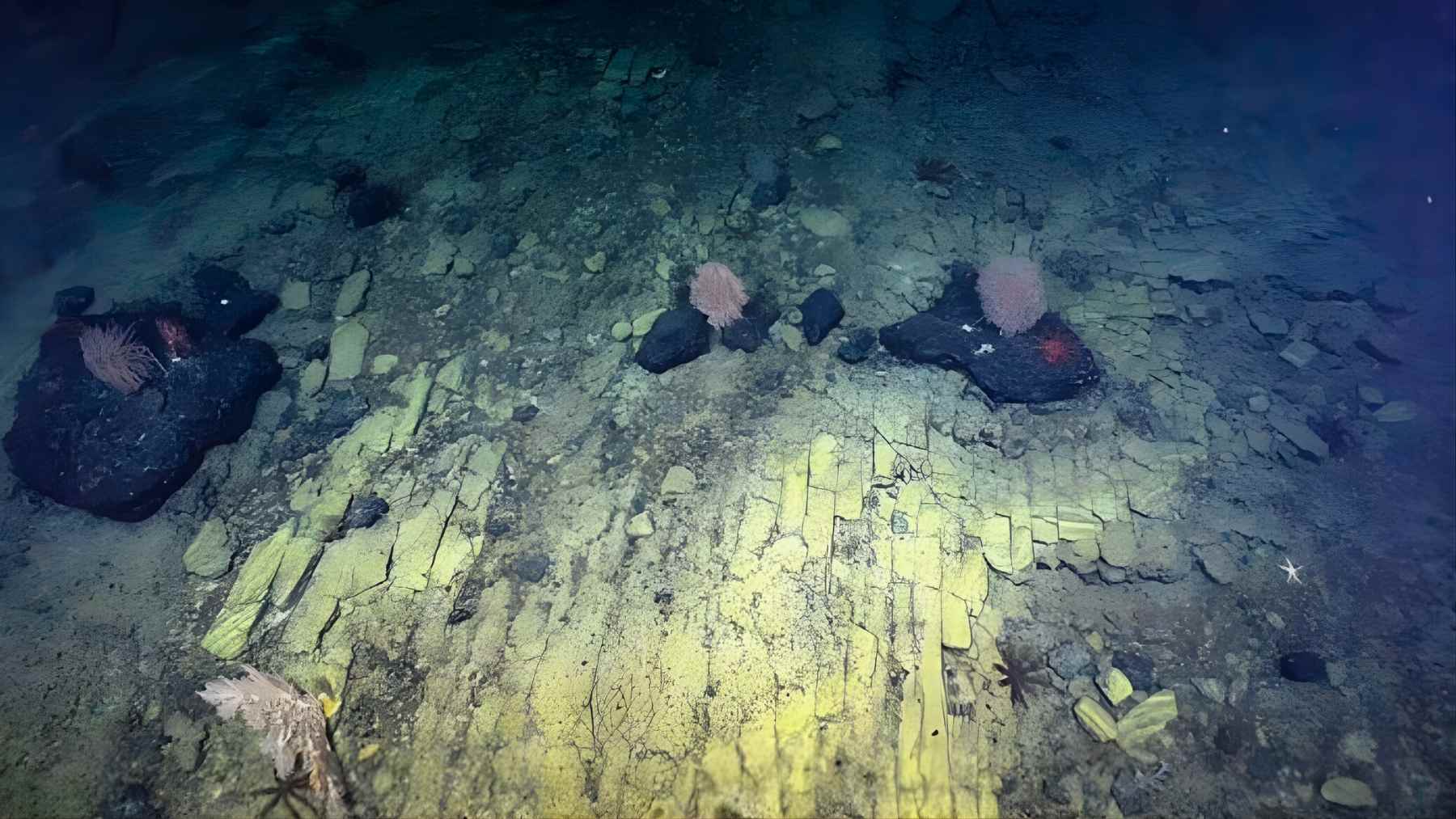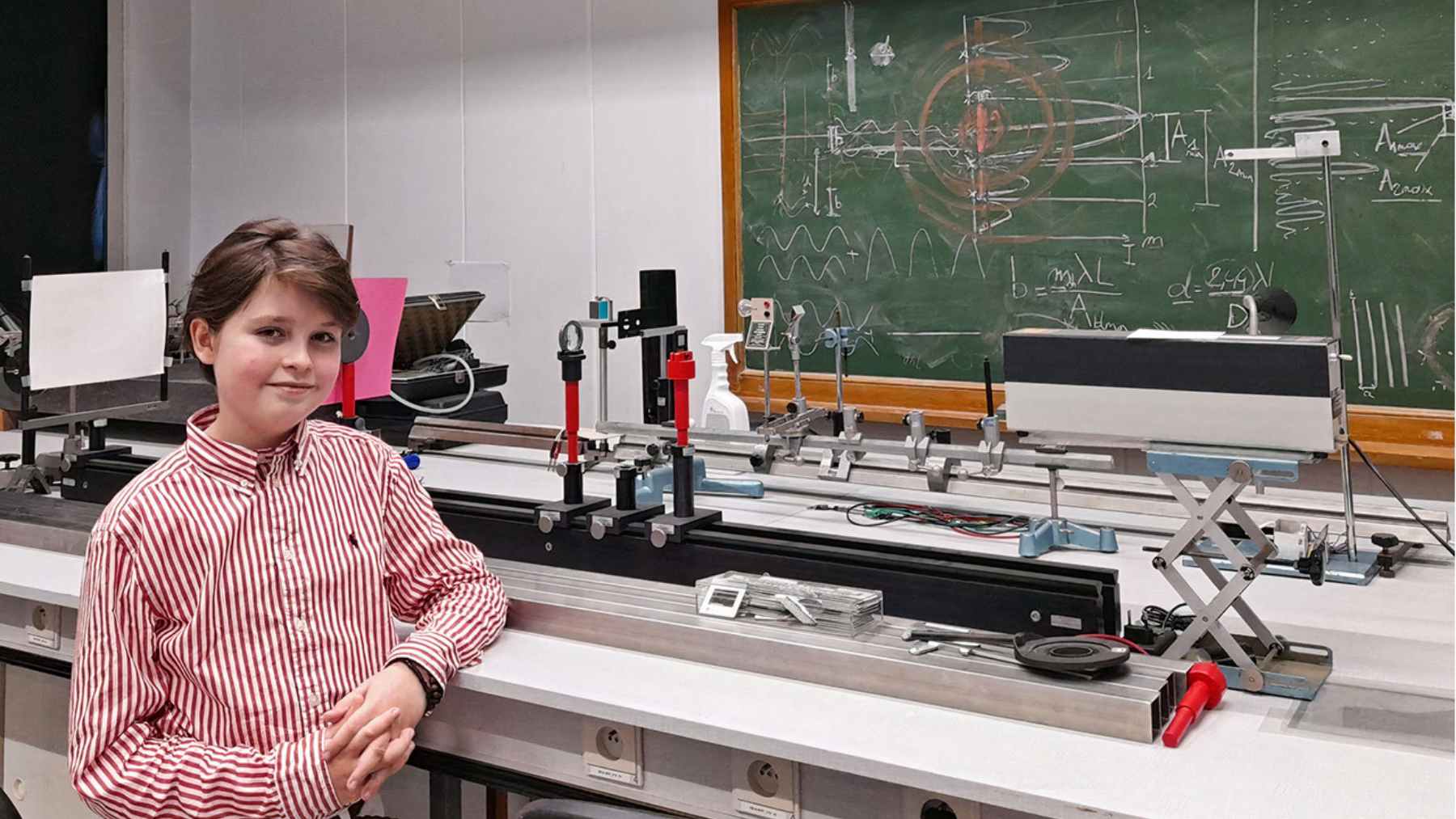Germany has announced a historical discovery in Antarctica that may have been there for millions of years. Despite the icy conditions that Antarctica is known for, German scientists uncovered something that could change our entire view of how we can generate sustainable energy. The discovery proves that energy can be generated even in the harshest of climates, and that the discovery in Antarctica could very well pave the way forward to replace fossil fuel usage completely.
The discovery of a power source in the cold
Antarctica was the most unlikely region to uncover something that could change the energy game, as colder areas were usually seen as being highly unsuitable for solar applications. As per a study conducted by researchers from Helmholtz-Zentrum Berlin (HZB), Ulm University, and Heidelberg University, it has been proven that solar applications can occur in colder regions. The Volkswagen Foundation also supported this research that looked at how solar radiation could generate hydrogen even at sub-zero temperatures.
As part of the study, approaches to water electrolysis powered by solar cells were considered. The first approach entailed a far more conventional setup, while the other approach focused on a thermally coupled system. For the thermally coupled system, photovoltaic modules were used in direct contact with the electrolysis tank, and the study proved this system was rather efficient.
Furthermore, the study focused on mimicking the Antarctic conditions, so that the heat waste from the PV modules increased the temperature of the electrolyte solution from -20°C to +13.5°C. In such a way, the rate of electrolysis increased, as well as the hydrogen output.
Understanding where Antarctica fits into the equation
Moritz Kölbach of HZB said that it had been constant sunlight in the Antarctic summer that provided the perfect opportunities. According to Kölbach, the aim is to capture and then redirect waste heat to improve efficiency. If local solar hydrogen is produced, then the dependence on fossil fuels will be reduced, too. Since hydrogen can be stored at low temperatures, it is the ideal solution in the long run. The question to ask is whether only Antarctica will benefit from this discovery?
Ensuring global sustainability
Although the research focused considerably on Antarctica, the long-term impact could affect other regions as well, including Canadian tundra, the Andes, and the Himalayas. The overall goal is to increase energy independence while getting communities to consider reducing carbon emissions and energy costs.
Experimentation with hydrogen generation is not entirely new. It was Argentina’s Esperanza Station that experimented with green hydrogen, and other countries that focused on turning hydrogen black, too. In Antarctica, the focus lies on solar-generated hydrogen that will become a solution, particularly in remote regions.
Utilizing an energy source that has been present for millions of years proves that the sun, even in Antarctica, can provide a renewable energy solution. Thus, German researchers have shown that it is important to look to the sun, but not only in regions where the sun shines the brightest throughout the year. Renewable solutions can even be found in Antarctica.
Furthering the project in Antarctica
Solar hydrogen has been found after decades in the most extreme places. The next stage would be to test prototypes under the actual Antarctic conditions, and should the research hold true, the harnessing of energy in colder and remote regions could become a reality. The right step towards a greener future begins in a place known for being isolated. Generating green hydrogen by utilizing solar energy even during harsher conditions is becoming a reality, and it is no secret why German researchers are so eager to test their findings in Antarctica itself.
